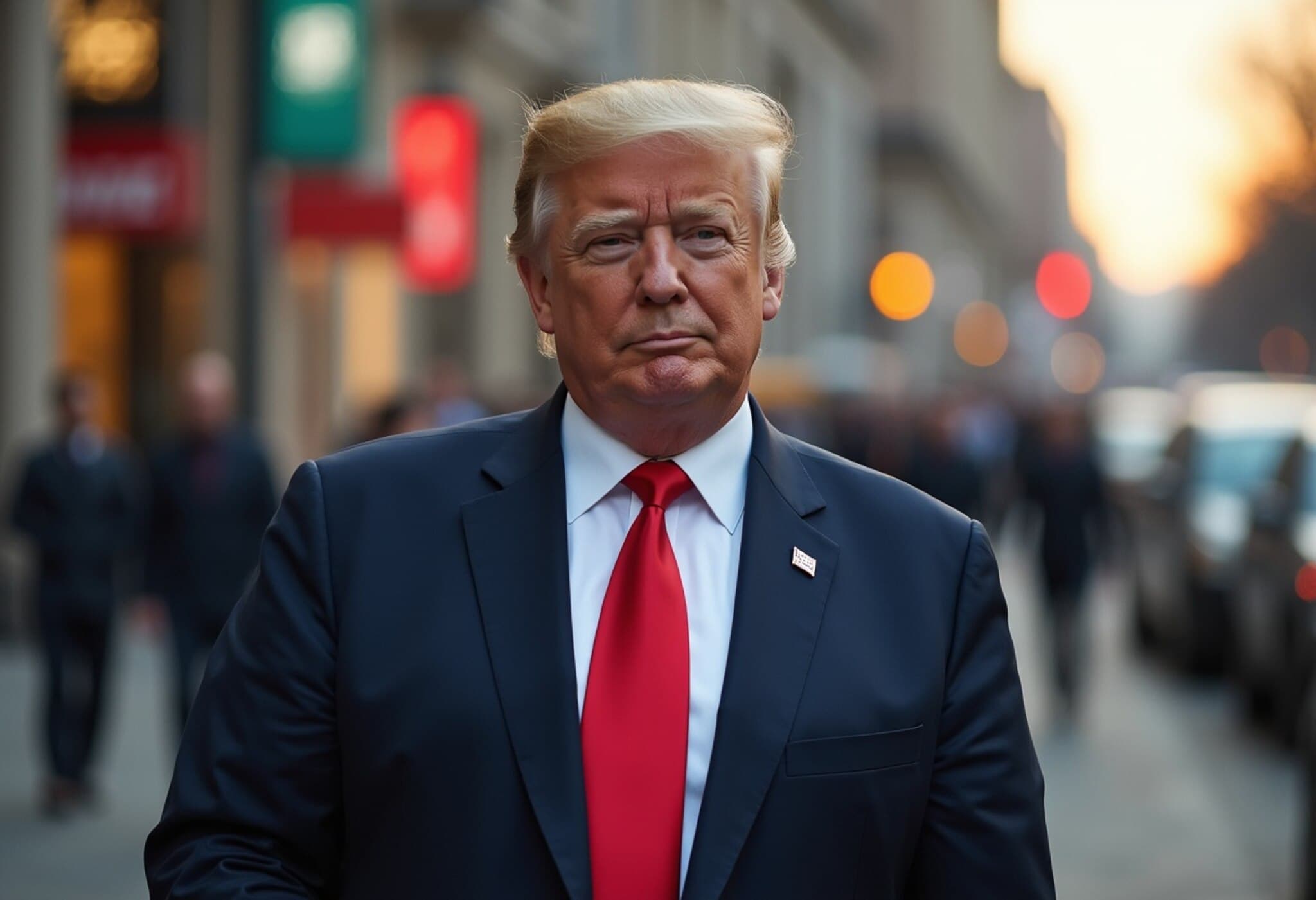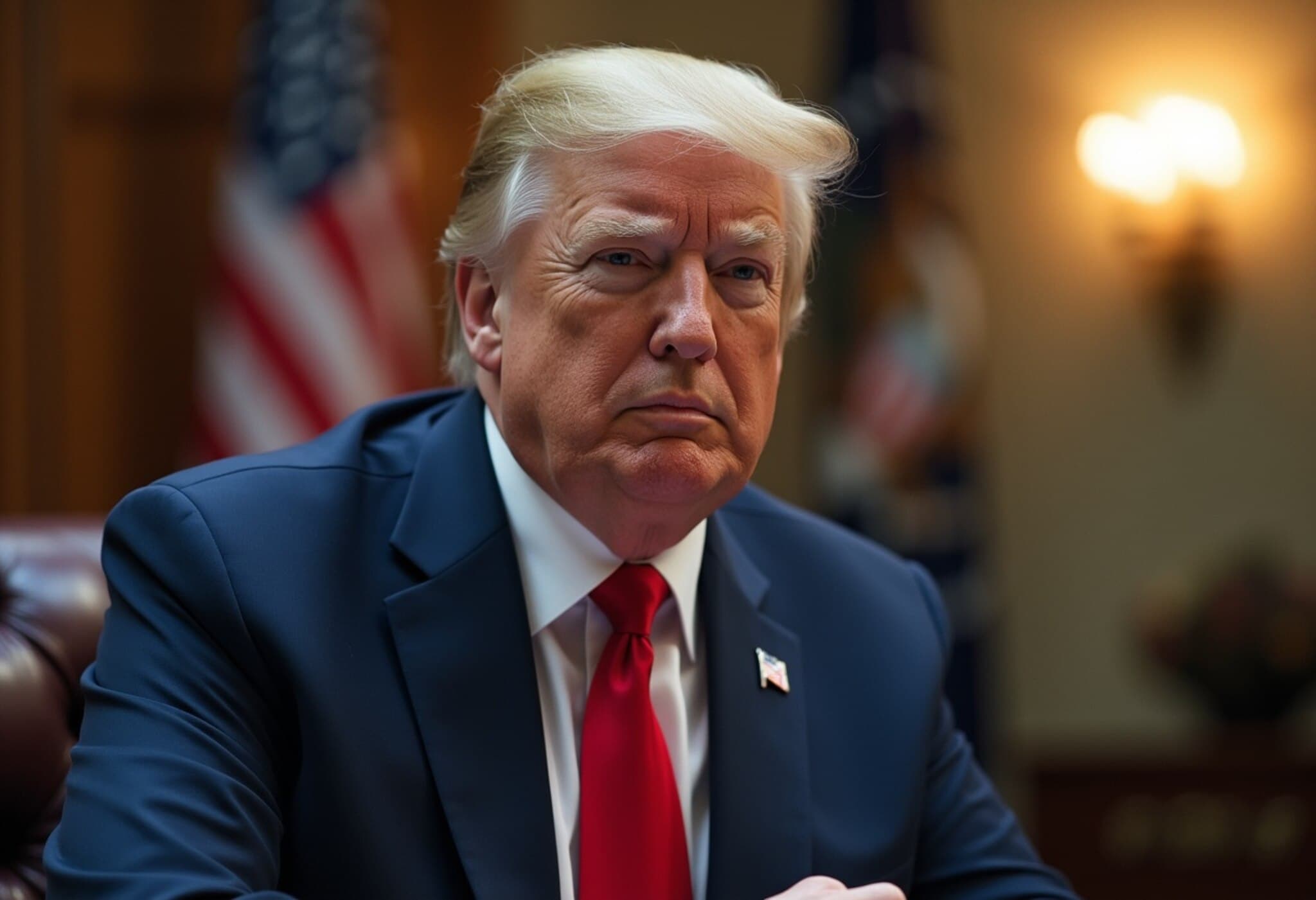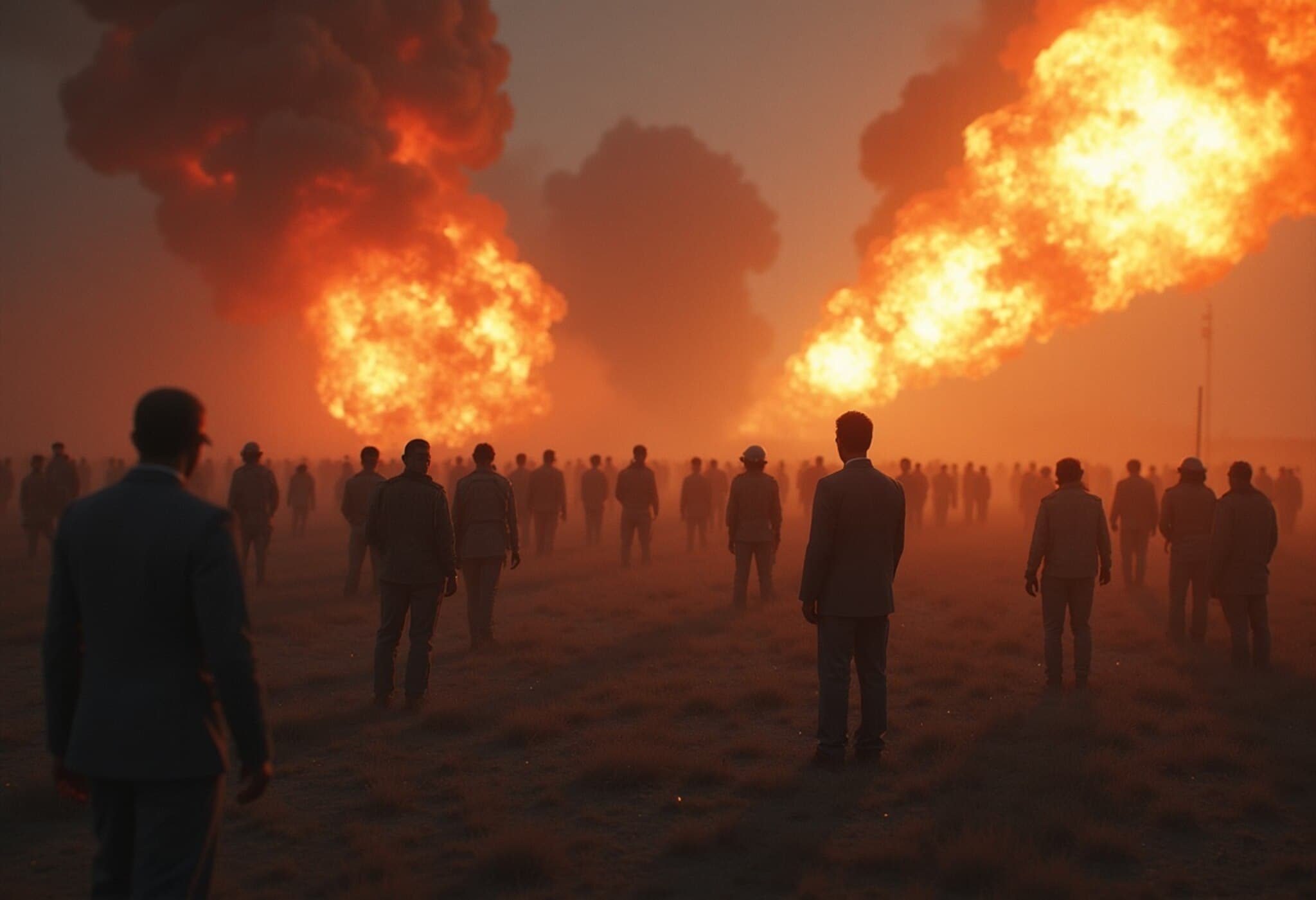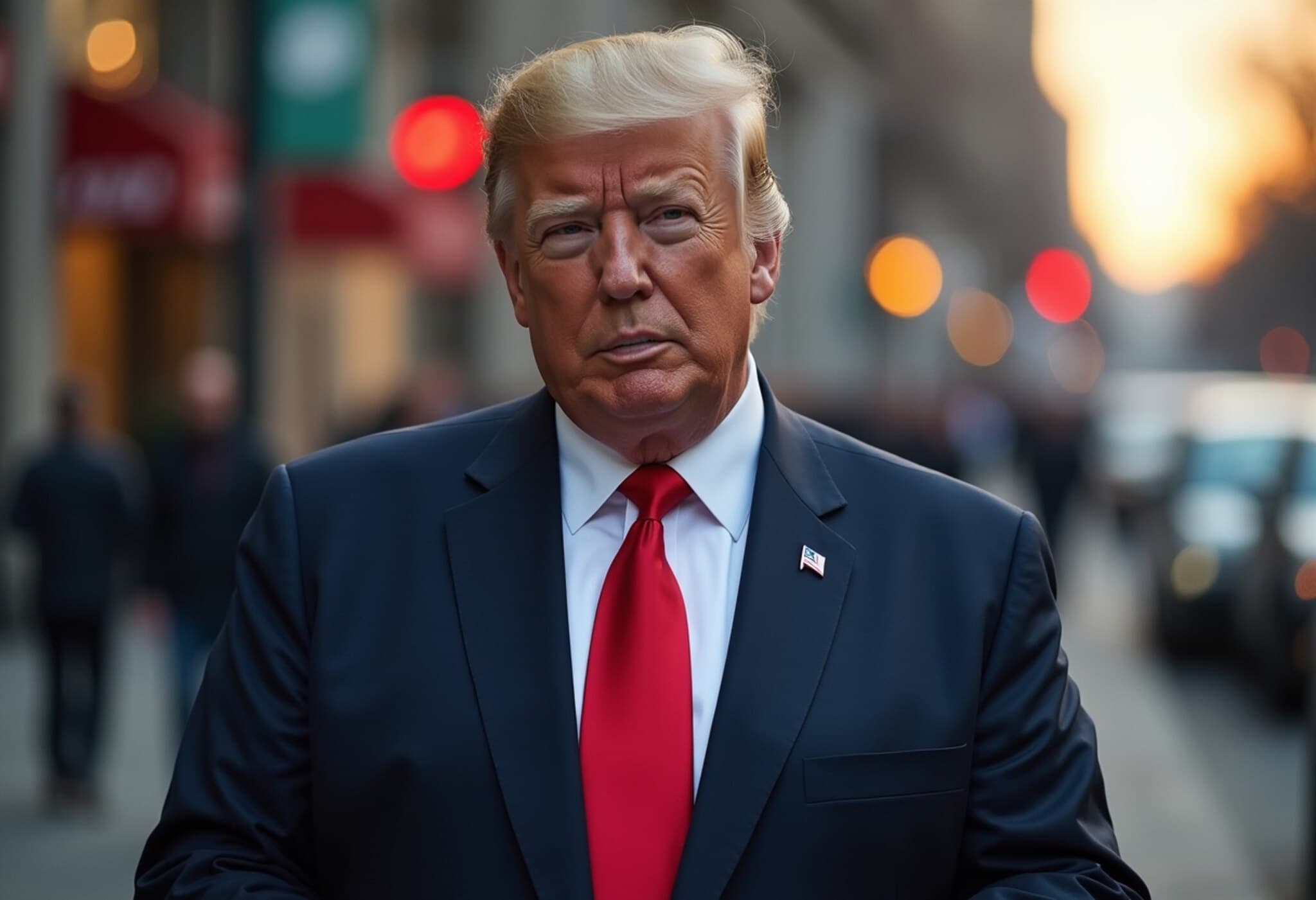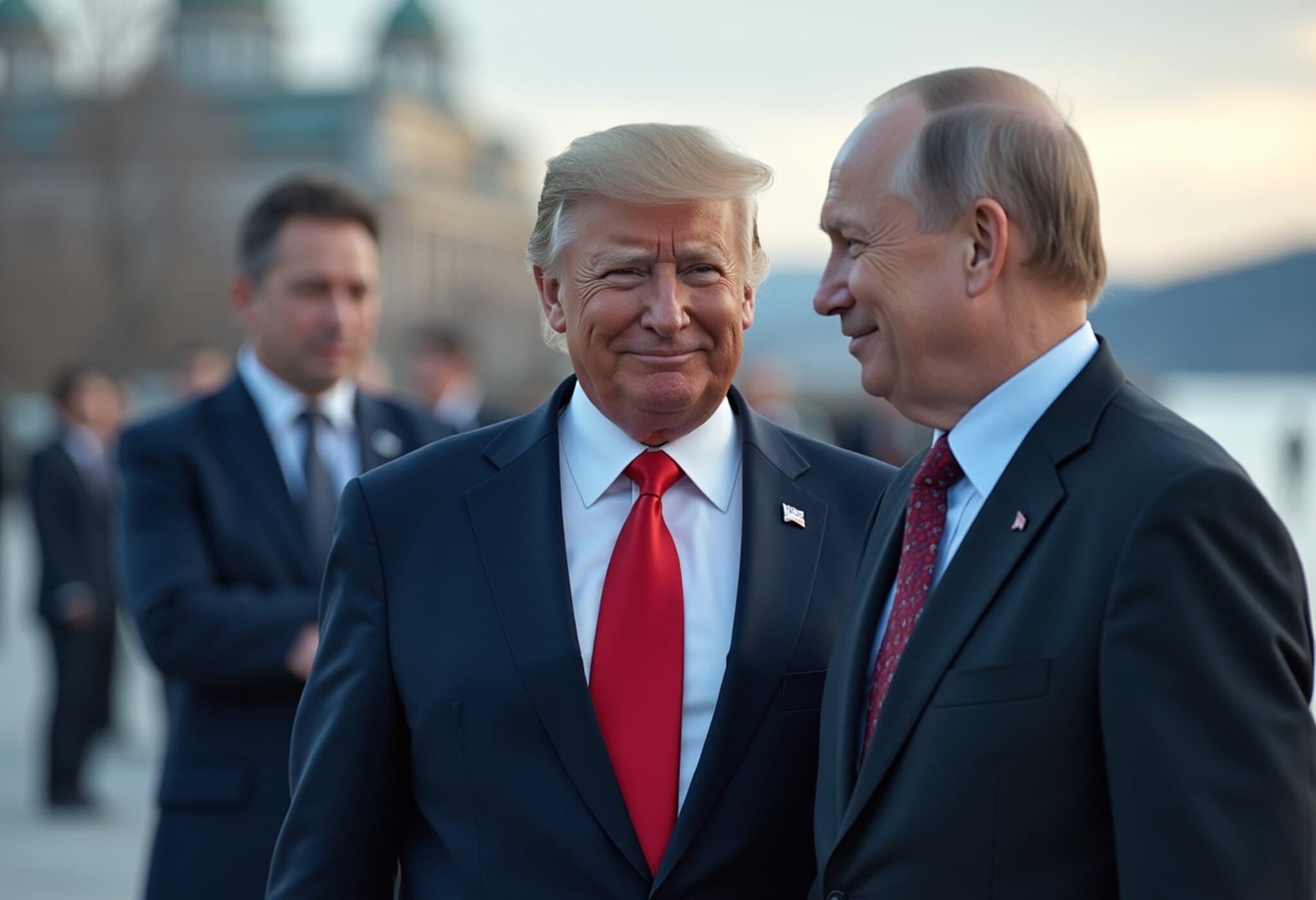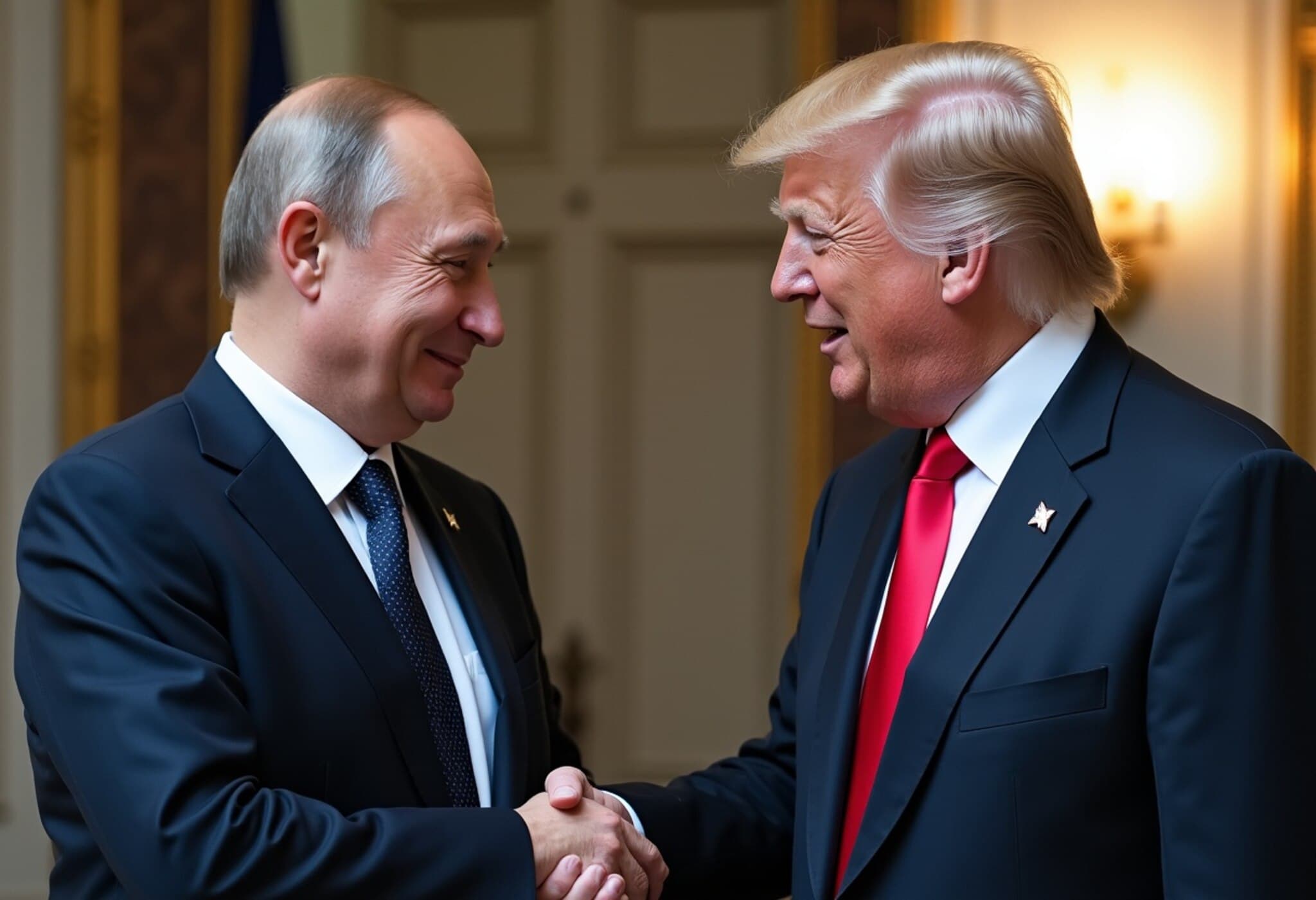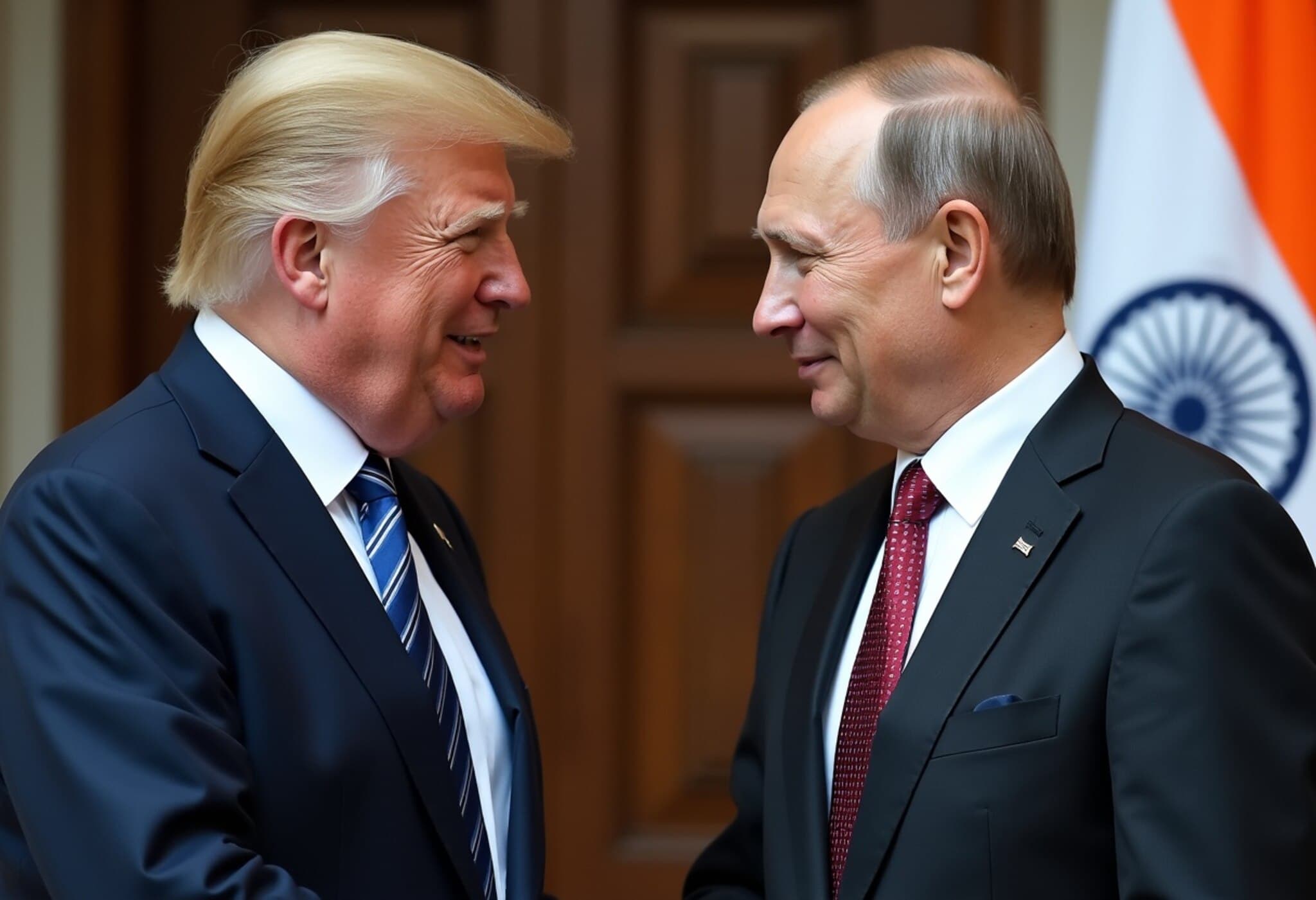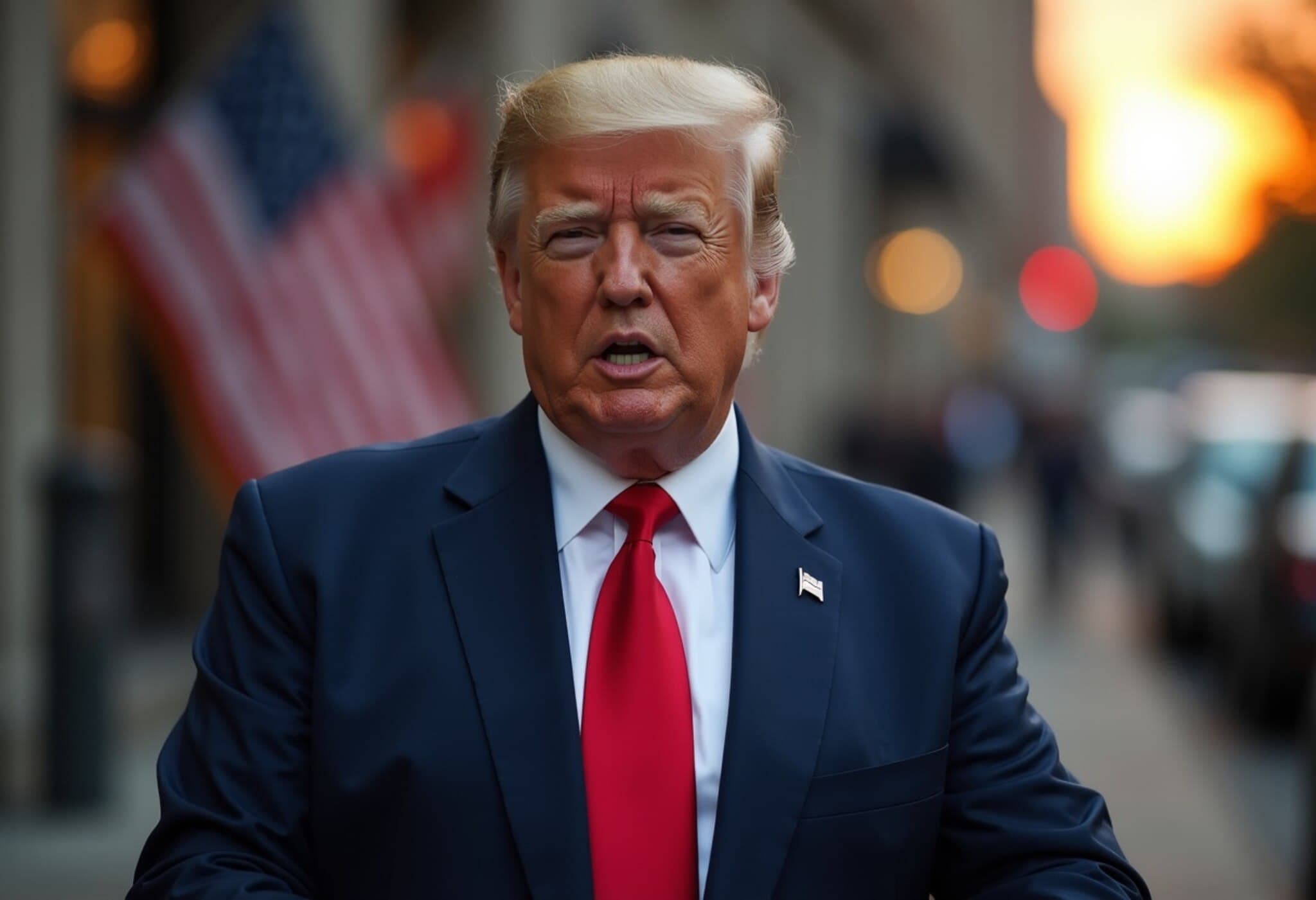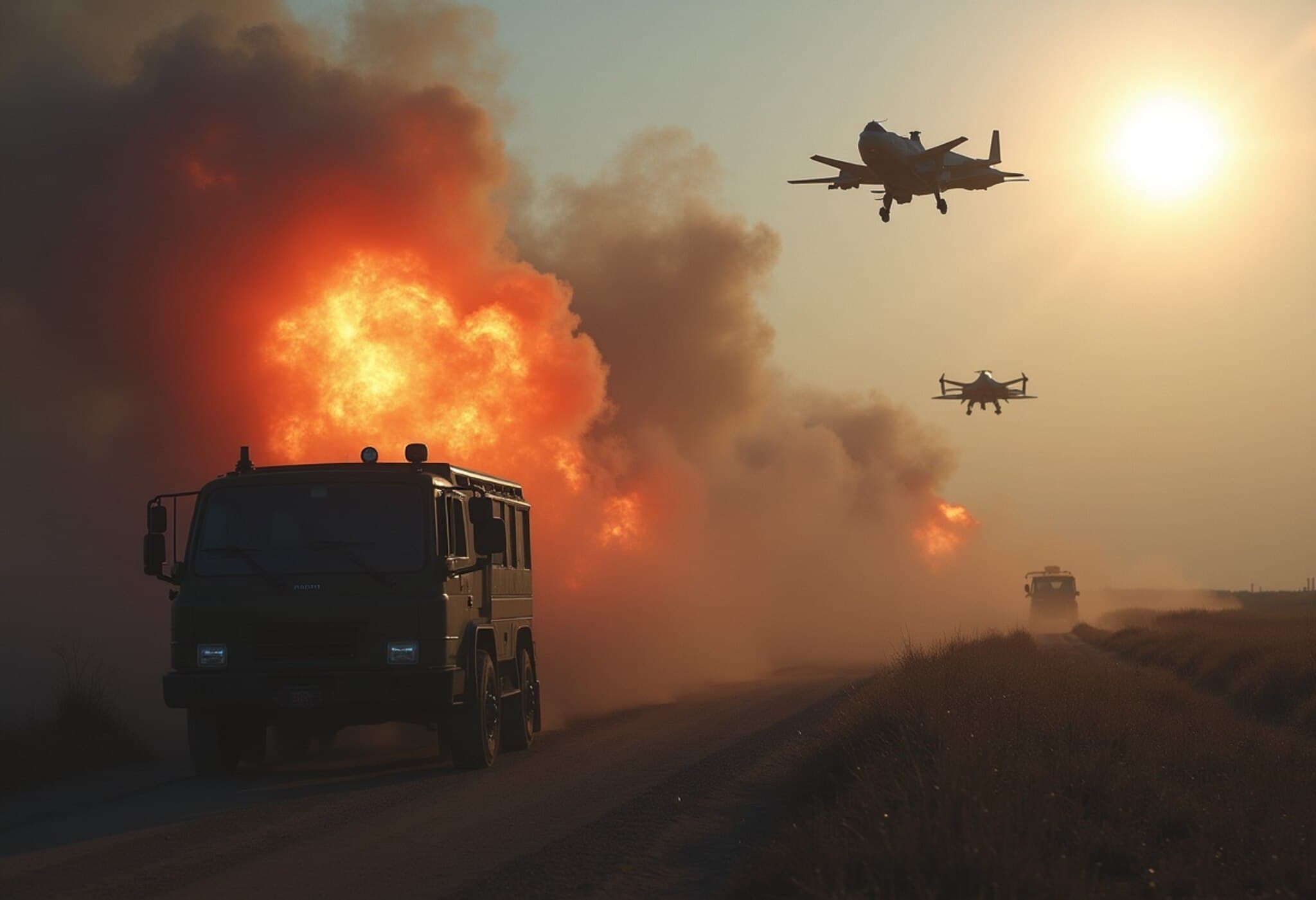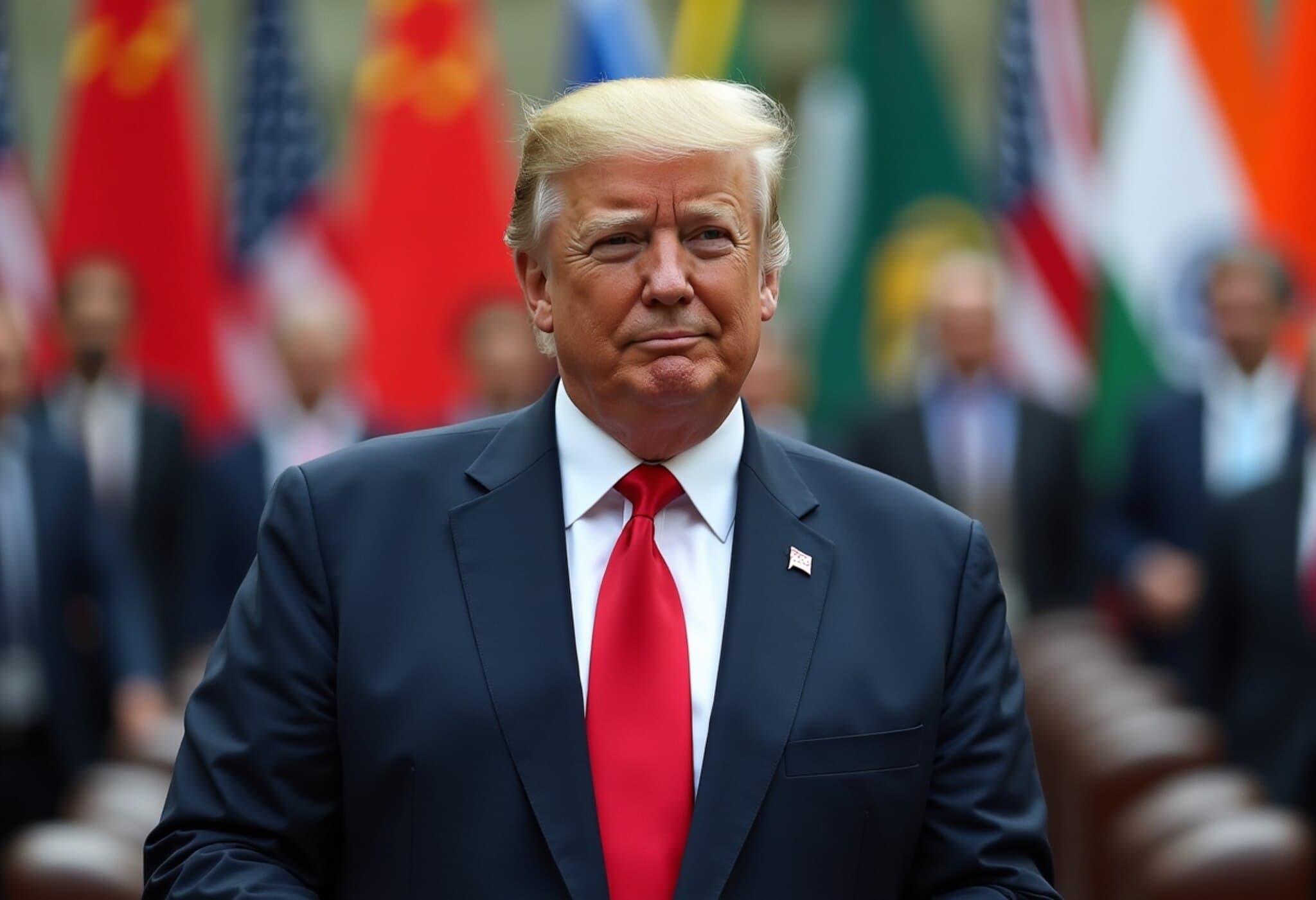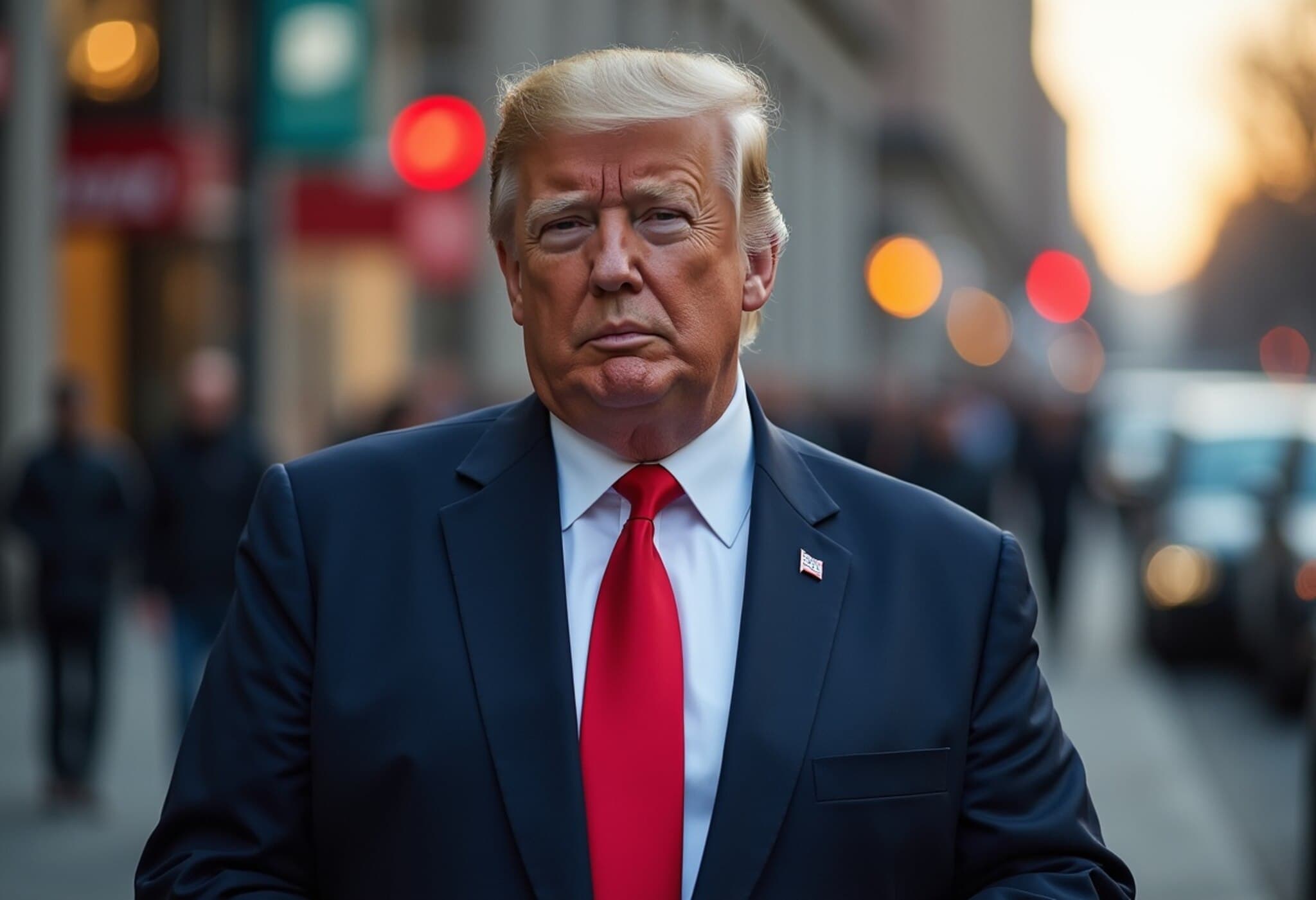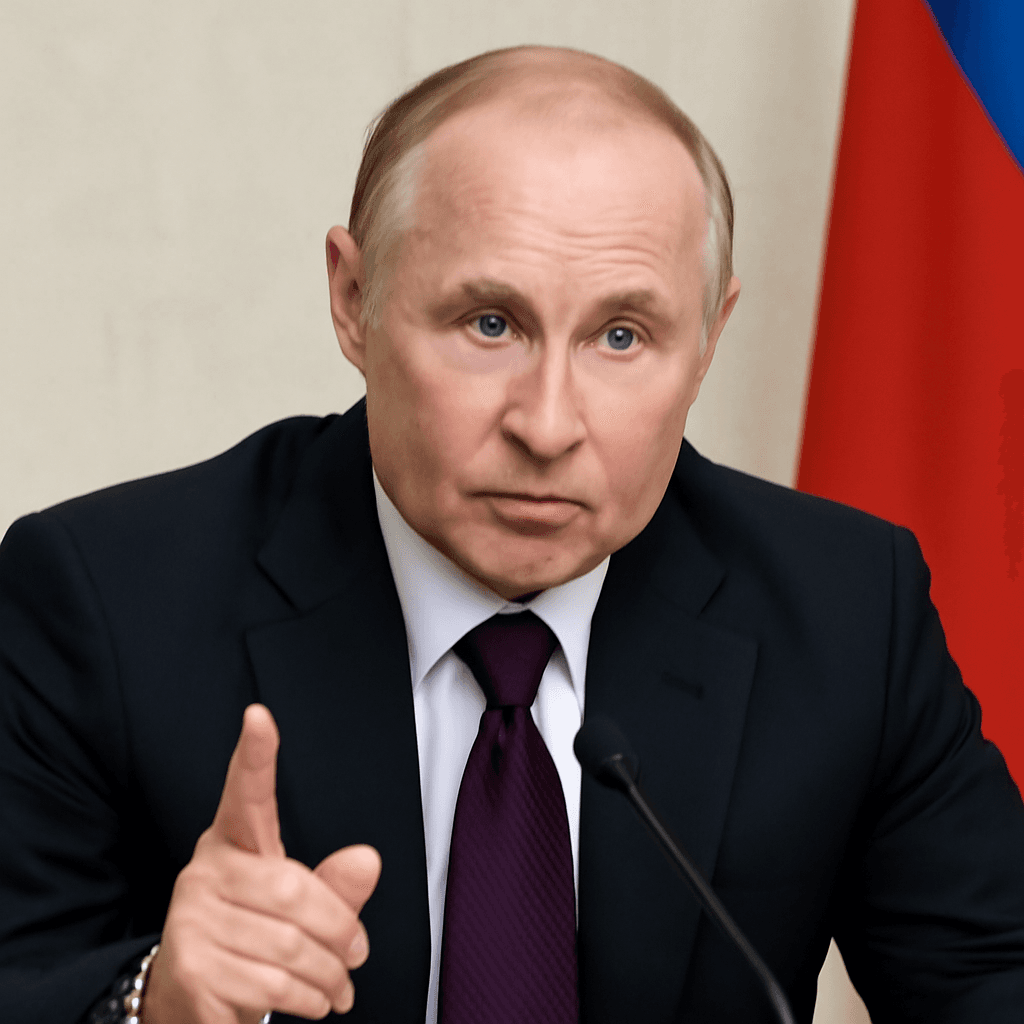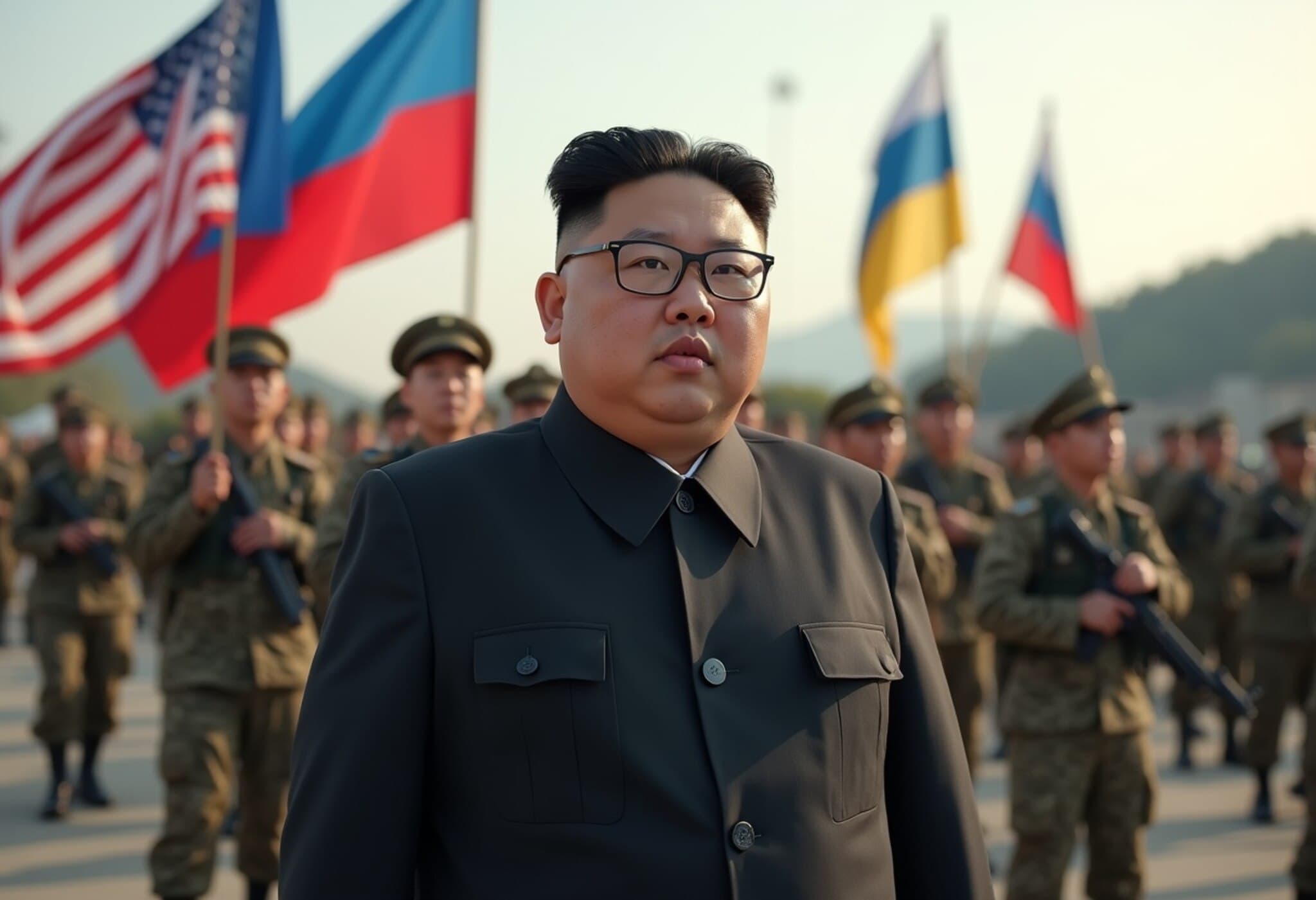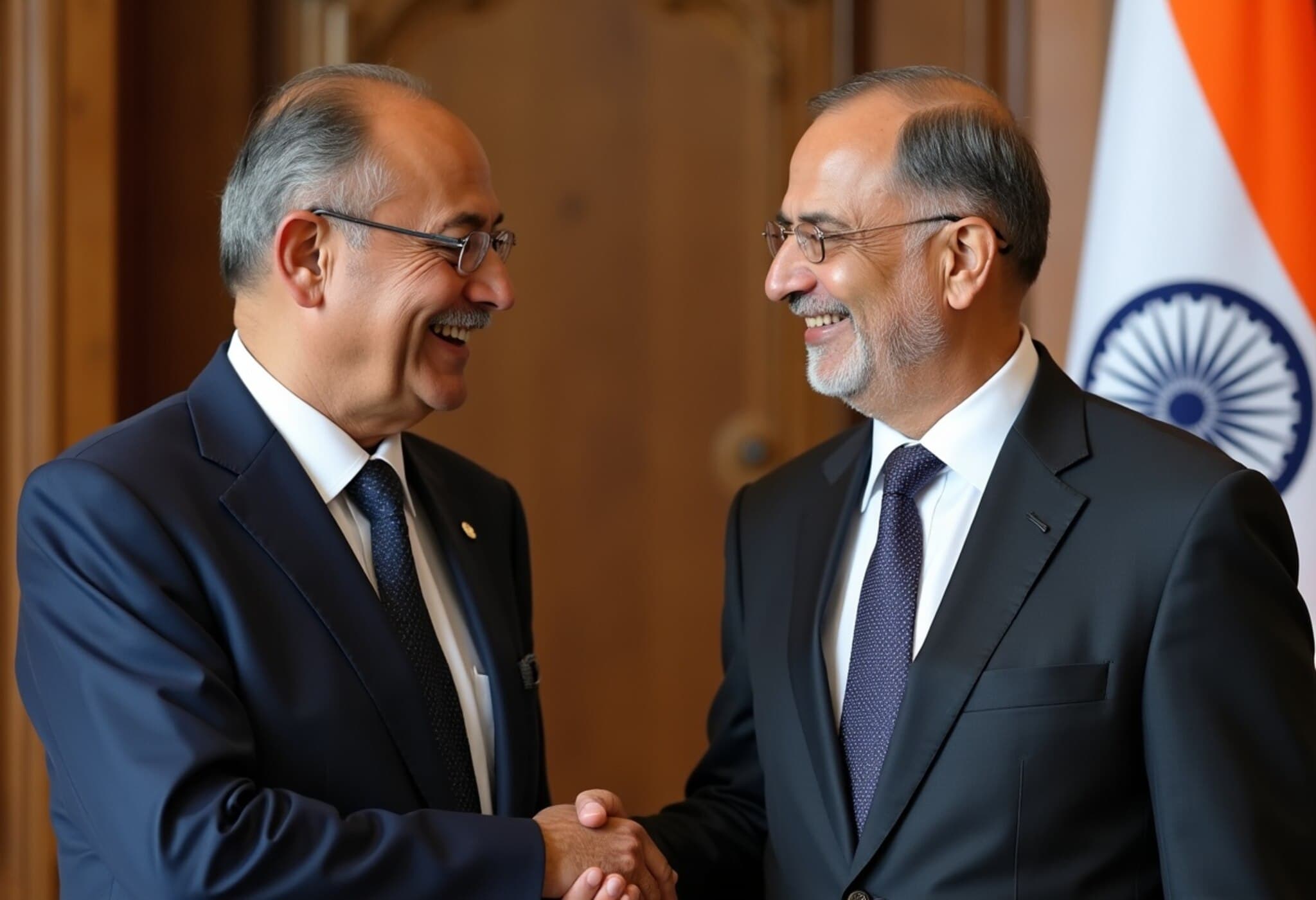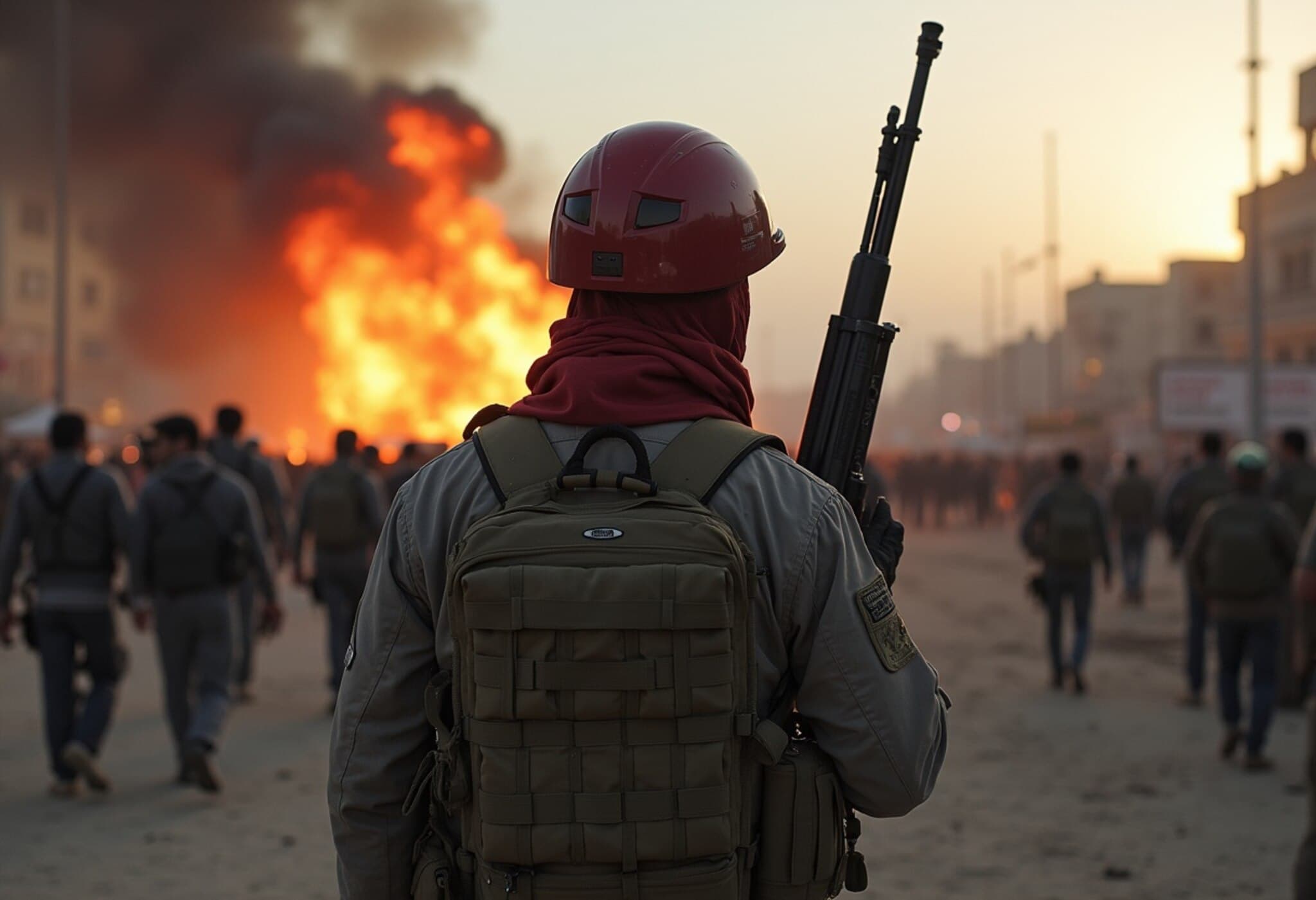US Intensifies Pressure on India Over Russian Oil Amid Ukraine War
In a development that underscores rising tensions surrounding the ongoing Russia-Ukraine conflict, Stephen Miller, a senior aide to former US President Donald Trump, sharply criticized India for continuing to purchase Russian oil. Miller accused New Delhi of effectively financing Moscow’s military operations against Ukraine through these transactions.
Strong Words from the Trump Administration
Speaking on Fox News’ Sunday Morning Futures, Miller did not mince words: “What he (Trump) said very clearly is that it is not acceptable for India to continue financing this war by purchasing the oil from Russia.” As deputy chief of staff, Miller has been one of Trump’s closest advisors, and his remarks signal one of the most direct condemnations from the Trump camp towards a key US partner in the Indo-Pacific region.
Economic Sanctions Threatened
The conversation around India’s purchase of Russian crude sharply escalated when President Trump announced a 25% tariff on Indian products imported into the United States, aimed at pressuring New Delhi to sever energy ties with Moscow. He further threatened to impose 100% tariffs on US imports from any country continuing to buy Russian oil until Russia agrees to a ceasefire in Ukraine.
According to a Reuters report citing Indian government sources, New Delhi has signaled its intent to persist in its oil imports from Russia despite these looming penalties. This reflects the complex balancing act India faces between its energy security needs and diplomatic alignments.
India’s Strategic Calculus
Miller highlighted an underreported but significant fact: "People will be shocked to learn that India is basically tied with China in purchasing Russian oil." This comparison underscores India’s growing reliance on Russian energy supplies, which comes amidst international sanctions and diplomatic isolation efforts directed at Moscow.
India's continued imports are driven by pragmatic considerations—securing affordable energy to fuel its expanding economy while navigating a complex geopolitical landscape. This stance invites a broader debate on the ethics and economics of energy diplomacy amid wartime controversies.
Maintaining Diplomatic Ties Despite Disagreements
Interestingly, despite the stern warnings and tariffs, Miller acknowledged that President Trump’s personal relationship with India’s Prime Minister remains "tremendous". This nuanced approach reflects the longstanding strategic partnership between India and the United States, embracing cooperation even amid sharp disagreements over Russia.
The Bigger Picture: What This Means for US-India Relations and Global Geopolitics
- Energy Security vs. Diplomatic Pressure: India’s ongoing oil imports from Russia highlight its urgent need to secure energy resources at competitive prices, often at odds with Western efforts to isolate Moscow.
- US Sanctions as a Strategic Tool: The Trump administration’s use of tariffs to enforce compliance illustrates a blend of economic coercion with statecraft, raising questions about the effectiveness and risks of such policies on long-term alliances.
- Regional Stability Concerns: With India playing a pivotal role in the Indo-Pacific, escalating US-India tensions could ripple into broader regional dynamics involving China, Russia, and other major global actors.
Expert Insight
From a policy analyst perspective, India’s position is emblematic of a broader trend in international relations where emerging economies prioritize energy security and economic growth, sometimes at odds with Western-led geopolitical narratives. The Trump administration’s hardline approach exemplifies the friction this generates, prompting a need for nuanced diplomacy that acknowledges India's unique economic stakes and the harsh realities of global energy markets.
Editor’s Note
This episode illuminates the intricate web of global energy politics and the challenges facing major democracies in aligning values with geopolitical and economic interests. As India navigates its energy needs and maintains strategic ties with both Russia and the US, it raises broader questions—can multilateral cooperation and sanctions coexist with pragmatic diplomacy? And how will global powers recalibrate relationships as conflicts persist?
Readers are encouraged to consider these complex layers when evaluating international responses to the Russia-Ukraine war, understanding that behind every tariff and accusation lies a deeply intertwined geopolitical chess game.

